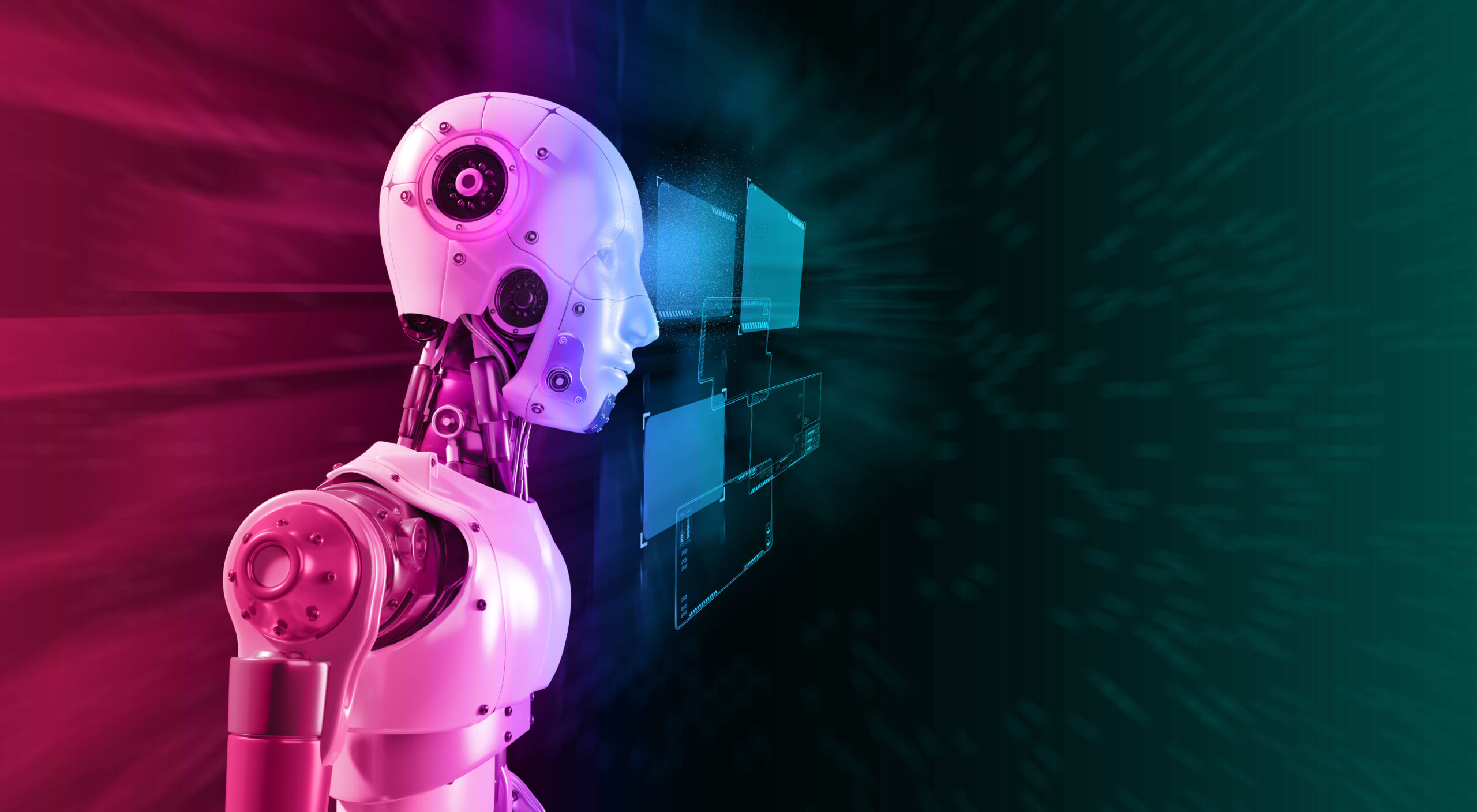The revolutionary Generative Artificial Intelligence

Publicado em 18/07/2023 • News • English
Every day, a new use of Artificial Intelligence surprises us and causes controversy, as was the Volkswagen commercial, which “placed” side by side the singer Elis Regina and her daughter, Maria Rita, to announce that “the new comes again”. But the leaps we are witnessing today are due to Generative Artificial Intelligence, a category of AI models and tools designed to create new content. Unlike discriminative AI – which focuses on classifying or predicting information based on input data, generative AI is designed to create and generate new content or information.
To do this, it uses various processes – including neural networks and deep learning algorithms, which identify patterns and generate new results. It can be said that generative AI is a derivation of discriminative AI, capable of creating the new, learning from the data provided, but generating unprecedented results. Its construction allows it to go beyond conventional learning, which enables constant evolution, on its own, without the need for human programming. One example of this model is reaching many users quickly: OpenAI’s GPT-4 (used in ChatGPT).
Generative AI is revolutionizing the creation of content such as text, images, videos, music, and code. In the health area, there are already several benefits of using the tool. In the pharmaceutical industry, it has driven significant advances in the discovery and development of medicines. Generative AI is also proving to be an interesting ally in diagnosis accuracy and in the development of personalized therapies for patients. In hospitals, it enables resource optimization, increasing the level of efficiency of the institutions’ pharmacies in medical prescription, avoiding errors, duplication, or changes in dosages, increasing safety for patients.
It is impossible to predict how far generative AI will go, but with the necessary regulation – which is already being discussed – and the observance of ethical standards, the health sector will certainly find new possibilities for use every day, benefiting patients and the various stakeholders.

 Portuguese
Portuguese
 Spanish
Spanish
 English
English






















